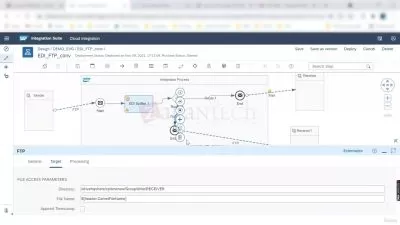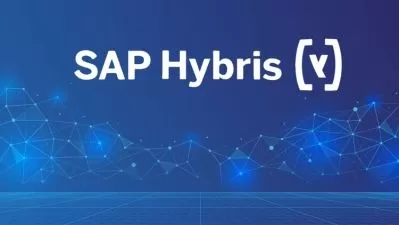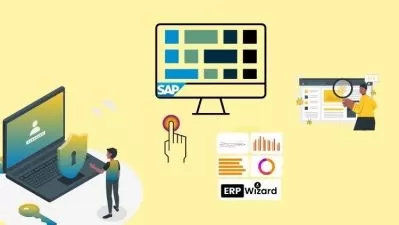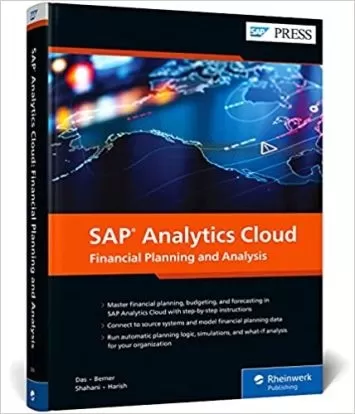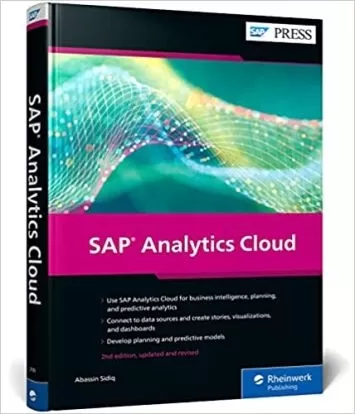About SAPLearn More
SAP is a global leader in Enterprise Resource Planning software. With SAP tools, you can visualize customer interactions, track sales and production, and manage accounting. You can also use SAP software to track resource expenditures, HR tasks, and employee productivity.
Sort by:
Sorting
The newest
Most visited
Course time
Subtitle
Filtering
Courses
Subtitle
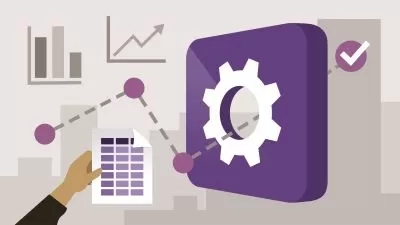
Linkedin Learning


Michael Management
SAP BPC Embedded Fundamentals for Planning Applications 2:55:00
English subtitles
02/11/2025
![Beginner to Advanced SAP BTP, CAPM,BAS,XSUAA Course [Part 2]](https://traininghub.ir/image/course_pic/40860.jpg)
Udemy


Saurabh Asthana
Beginner to Advanced SAP BTP, CAPM,BAS,XSUAA Course [Part 2] 5:19:41
09/24/2024
Subtitle

Linkedin Learning


Michael Management
Hands-On SAP Business Rule Framework (BRF+) 1:50:15
English subtitles
09/08/2024
Books
Frequently asked questions about SAP
SAP stands for Systems, Applications, and Products. It is a centralized software system used by companies for enterprise resource planning (ERP). SAP enables every person and department in the business to share, edit, and use shared data. It consists of a suite of software modules that handle different parts of the business process. There are SAP modules for human resources, project management, warehouse management, customer relationship management, sales, and many other business functions. What makes SAP important to business is that all of this functionality and all the data the enterprise uses every day is available 24/7 on the internet. Each business user can update this data with necessary changes and have it instantly available to other users in the business, making it easier to run an operation that has more than one location and remote employees.
The wide variety of modules available for SAP and the many uses in the business means you will find SAP used in many careers. In human resources, SAP gets used to storing data on employees from the time they applied until the time they leave the company and handle payroll. Project managers use SAP to provide all the tools they need to execute projects from start to finish. Warehouse personnel uses SAP software to administer inbound processes like approving product receipts and purchase orders, administering outbound processes like schedule preparation and transportation, and managing warehouse inventory. SAP is also used widely by accountants and other people in the financial department to create financial plans, manage accounts and taxes, handle money and treasury, and keep track of payables and receivables. A sales team will find SAP's CRM module practical to keep track of customers' data.
The skills you need before learning SAP depend on what you will be using SAP for. If you need to learn how to use a few modules in SAP to get your job done, all you need is a willingness and commitment to learning. That doesn't require any special skills other than knowing the basics of using a computer. If you plan to become an SAP consultant or customize SAP installations for enterprises, it helps to have some skills before you start. However, many SAP courses will teach you everything you need to know to work with SAP. Since custom applications for SAP can be written in Java, having Java skills before you set out to learn SAP can make the learning curve easier. It also helps to have knowledge of cloud deployments and Kubernetes or another type of containerization system since many companies deploy SAP to the cloud.





